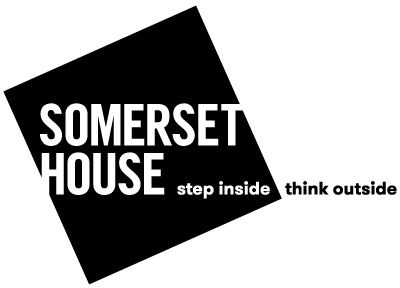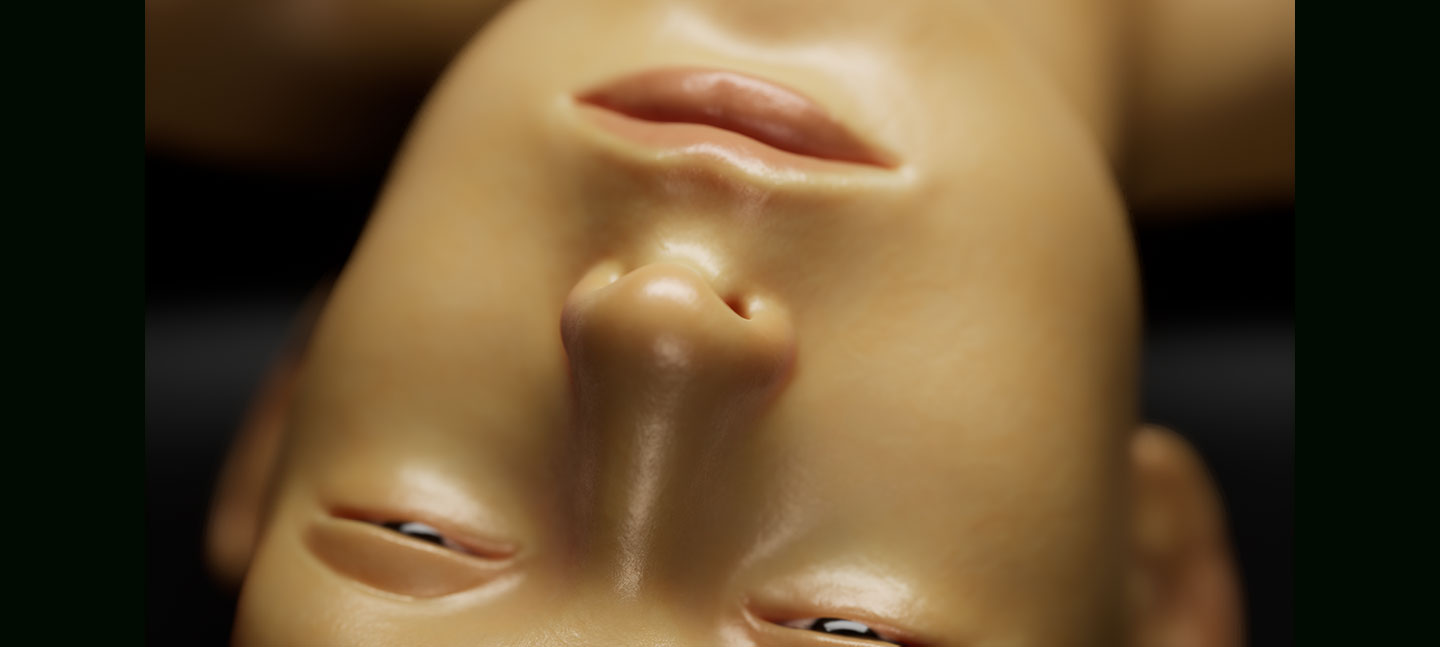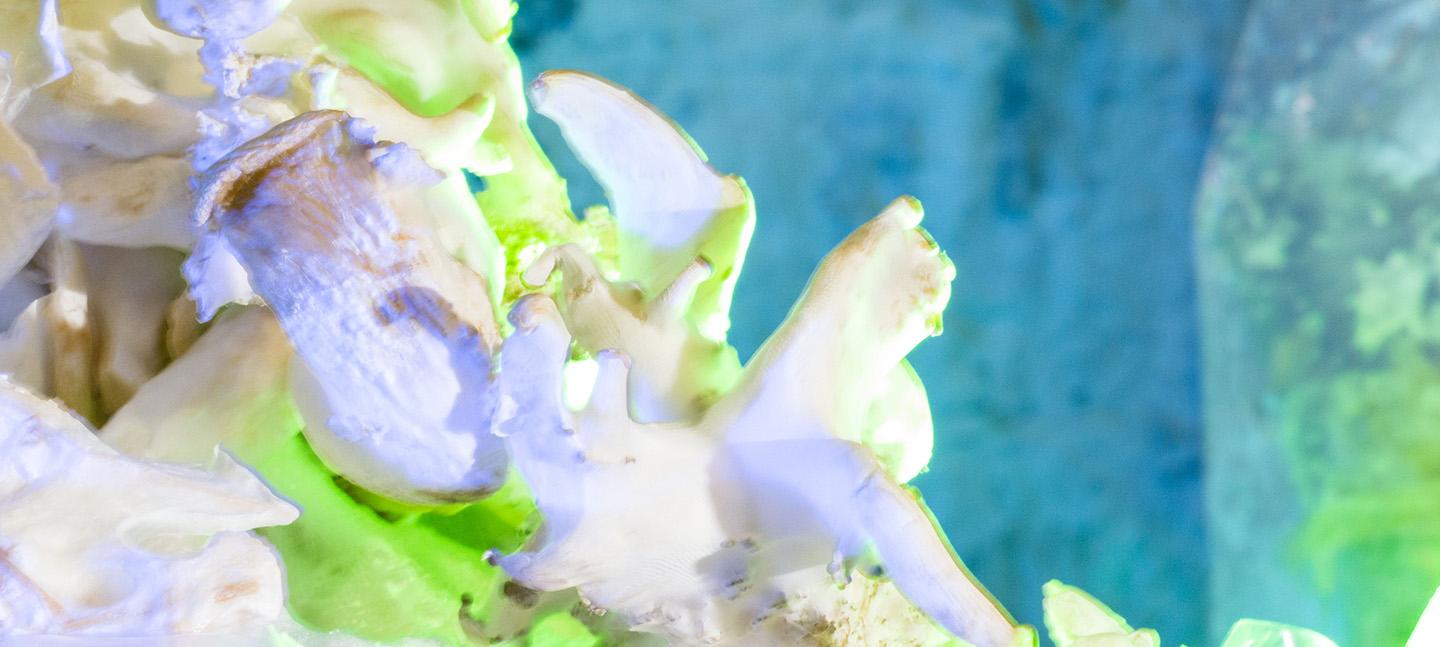Robin Carhart-Harris’ became fascinated in the effects of mind altering substances on the brain while studying Psychology before getting an MA in Psychoanalysis and a PhD in the field of Psychopharmacology. Now Head of The Centre for Psychedelic Research at Imperial College London he and his team conduct ground-breaking studies on the use of mushrooms to treat depression. His talk will cover this pioneering work, the physical and psychological effects and the social, societal and political stigma of magic mushrooms.
Darren Springer is an educator, researcher and resident mycologist for our on site (psilocybin-free) mushroom growing project Edible Utopia. Springer has undertaken extensive research on the use of psychedelic plants and the origins of these practices in ancient Africa, Mesopotamia and Europe and how they became coded in several mythological entheogenic rites of passages throughout the ancient indigenous world.
Author and Cultural Historian Mike Jay joins the panel to talk about psilocybin usage in Britain, looking at the earliest historical usage, through Lewis Caroll’s Alice In Wonderland up to the current day and the High Society: mind-altering drugs in history and culture exhibition he curated at the Wellcome Collection in 2010.
The event will be chaired by Writer and Artist Camille Barton.
The work of the Imperial College Centre for Psychedelic Research is showcased in the film Magic Medicine that we are also screening as part of the Mushrooms events programme.
The talks programme for Mushrooms: The Art, Design and Future of Fungi is kindly supported by the Gaia Art Foundation.







